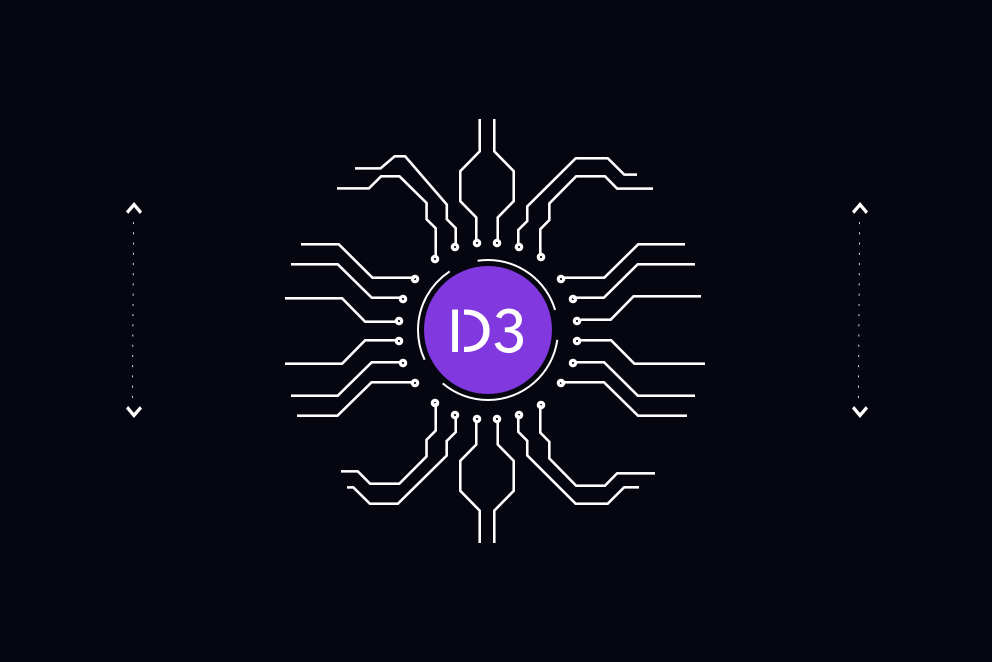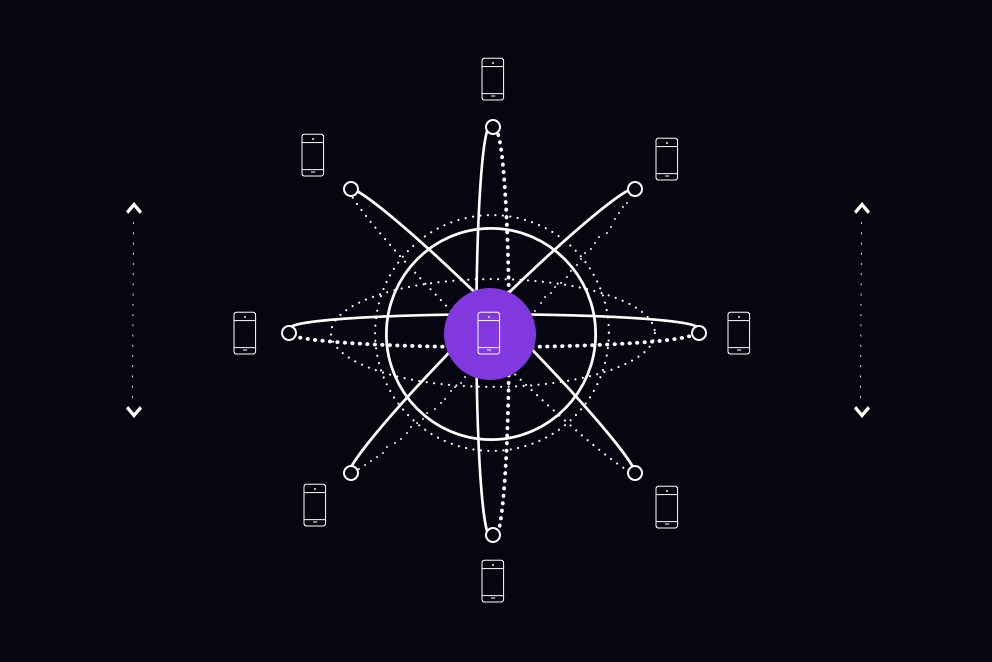Blockchain networks have replaced exchanges
In 2069 trading is almost unrecognisable – exchanges do not exist, and everything is bought and sold using blockchain which records transactions instantly. Cryptocurrencies have replaced all present-day fiat currencies, and anything can be traded with the revival of the barter system.
Exchanges are history
One of the biggest contrasts for trading in 2069 is the decline of the major stock exchanges around the world. London and New York are no longer known for their stock markets, because all trading is carried out between two parties on a blockchain network. Cryptocurrencies facilitate this global network of buyers and sellers, having replaced all fiat currencies.
The dominant cryptocurrency and blockchain network is called D3 – the ‘D’ standing for dollar and the ‘3’ representing the three most commonly traded fiats at the time of its introduction (the US dollar, the euro and the Japanese yen). D3 is used for almost all international trade including transactions for stocks and other markets.

Countries also have their own individual cryptocurrencies, which enables them to retain some control over monetary policy. These cryptocurrencies can be exchanged and traded in much the same way as they are on the present-day forex market.
Trades take place instantly
The widespread use of blockchain means that the shares of startup companies can trade on the same platforms as well-established businesses, something which is not possible on 2019’s exchanges with their listing requirements. Similarly, ownership of almost every good is recorded on the blockchain, making them instantly tradeable in much the same way.
What’s more, traders can barter via the D3 network to exchange goods and services without cryptocurrency tokens. Any good or service can be traded for another, so long as both parties agree to the trade. This has been enabled by software referred to as smart contracts which automatically record, verify and enforce the negotiation and terms of a sale on the blockchain network. Smart contracts execute the agreement as soon as the conditions of the trade are met, eliminating the delay and expense involved in completing a deal manually – as well as any risk of counterparty default.

Traders can customise their position size
When trading derivatives in 2069, traders can customise their position size to their exact specifications and requirements – down to 0.000001 of one D3. This helps traders manage their risk more effectively with smaller deal sizes. This has been especially well-received by day traders and scalpers, who can place a higher volume of much smaller trades thanks to the advances in computing algorithms.
Adding to this, traders can speculate on the prices of a much-expanded range of assets – anything, in fact, that is traded via the D3 network. For instance, traders can speculate on the prices of second-hand consumer electronics just as easily as the prices of major companies’ shares.
Could this really happen?
With time travel known to disrupt the space-time continuum, our experts look at how likely it is that these events will come to pass…
The view from 2019
It may sound like lofty thinking, but the introduction of a global cryptocurrency and mainstream adoption of blockchain could be closer than we think.
Through cryptocurrencies such as bitcoin, ripple and litecoin, blockchain is already being used to store transaction data in secure, transparent and readily-available databases. Additionally, a number of cryptocurrency networks are already powering smart contracts and decentralised apps (‘dapps’) – including Ethereum, NEO and EOS.IO – suggesting that the popularisation of blockchain and cryptocurrency trading accounts may not be too far away.
Moreover, the concept of a global currency has been around for a while, with suggestions including the Geary-Khamis dollar – an international dollar which would slowly phase out all modern-day fiat currencies and disrupt traditional forms of forex trading. However, one of the main stumbling blocks will be the adoption of cryptocurrencies – particularly at a global level – as it is thought by many commentators that a universal global currency would be detrimental to the economic self-determination of sovereign nations. As a result, the idea that a global currency will one day replace all other currencies is often hotly debated in economic circles.
For this reason, the most likely path to this version of the future would see countries adopt individual cryptocurrencies and use a global coin – such as the hypothetical ‘D3’ – as a bridge for international trade. In many respects the US dollar is already used as a global currency for commodities trading, so the implementation of a global cryptocurrency would, at the very least, be analogous to the current system.
Cryptocurrencies are not legal tender currency and the trading of derivatives on Cryptocurrencies are currently not covered under any regulatory regime in Singapore. Consequently, investors should be aware they may not have the full protection offered by the Securities and Futures Act (Cap. 289). Please ensure that you are fully aware of the risks and if in doubt consult an independent financial adviser. For more information on Cryptocurrencies, please refer to the following website for more information: MoneySense - Virtual Currencies.


